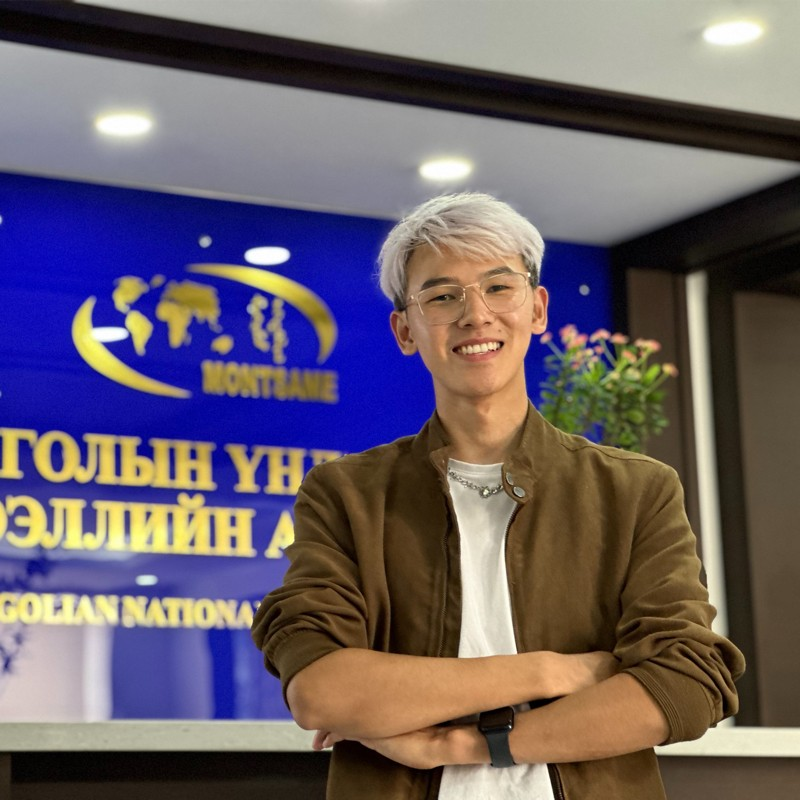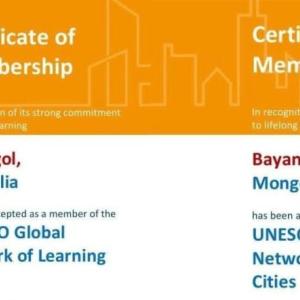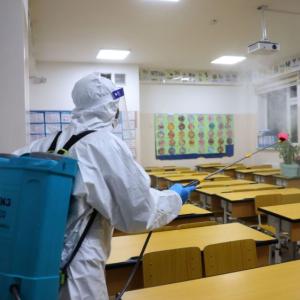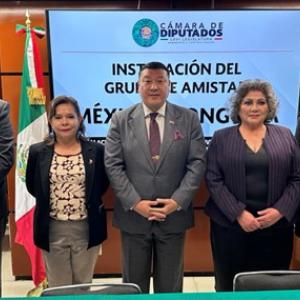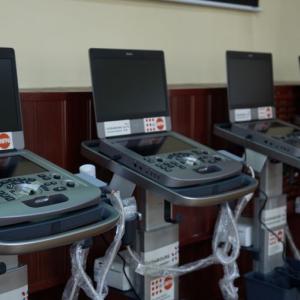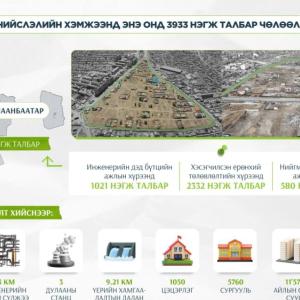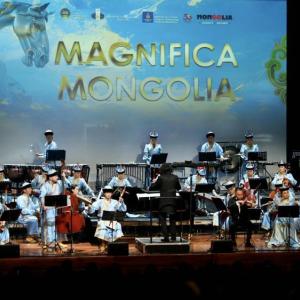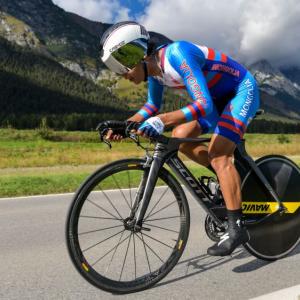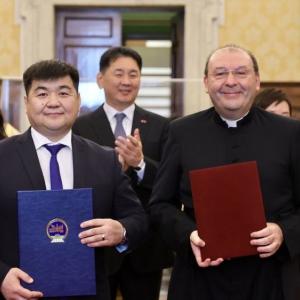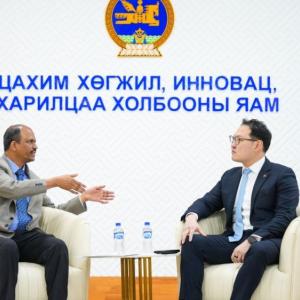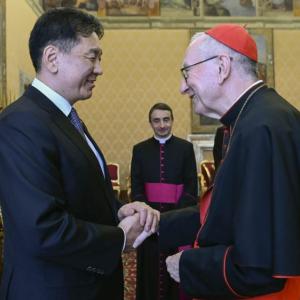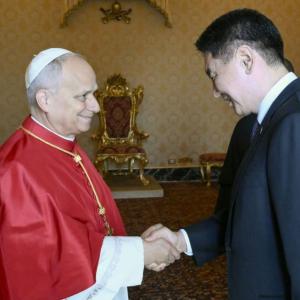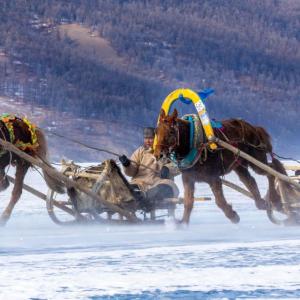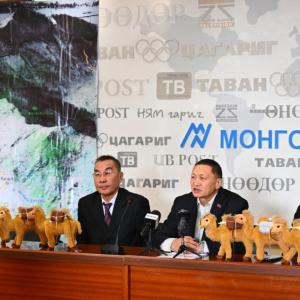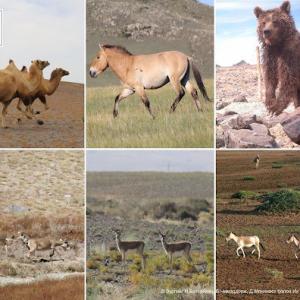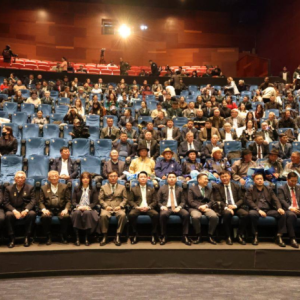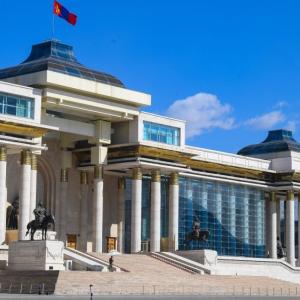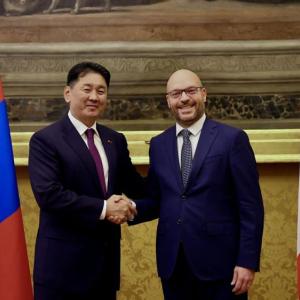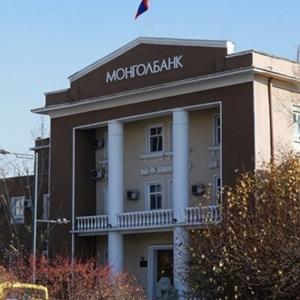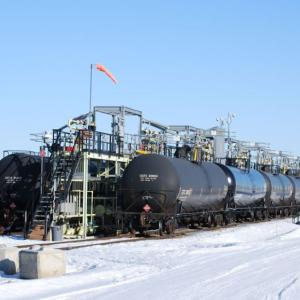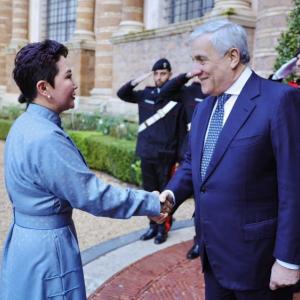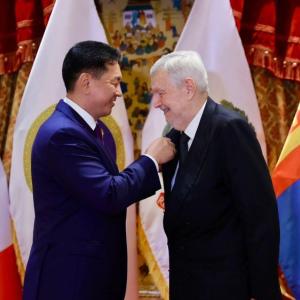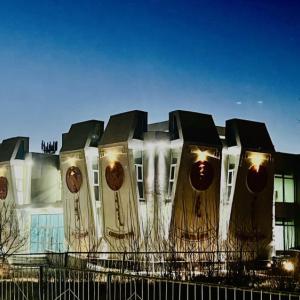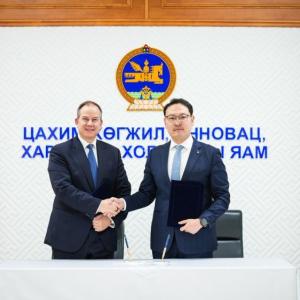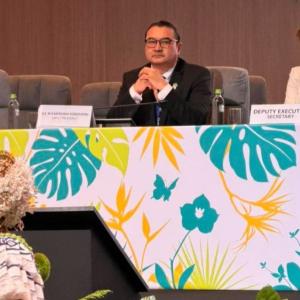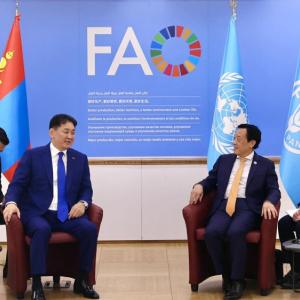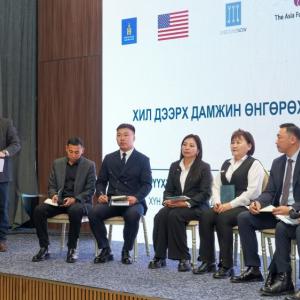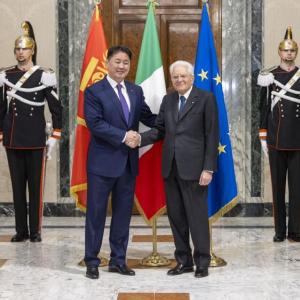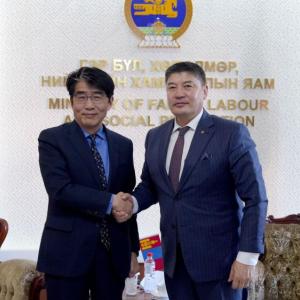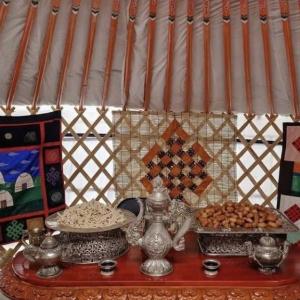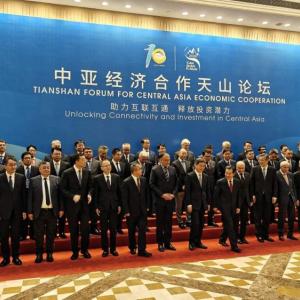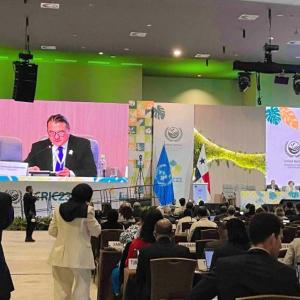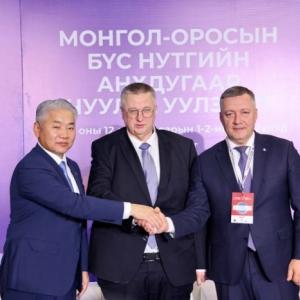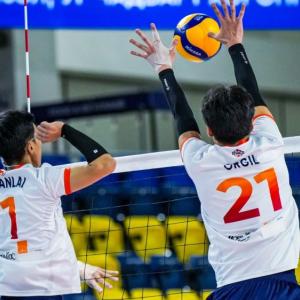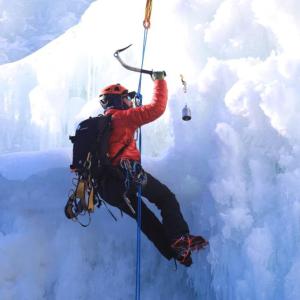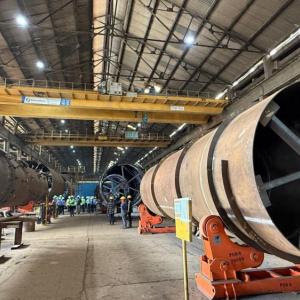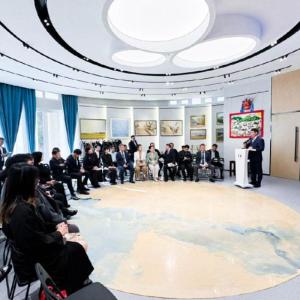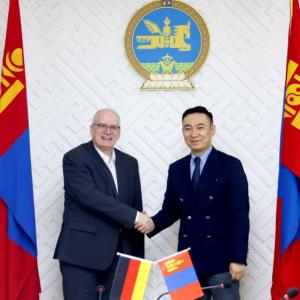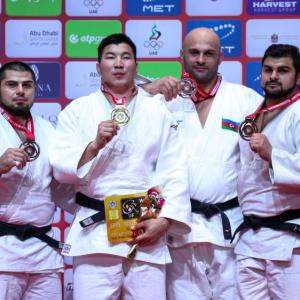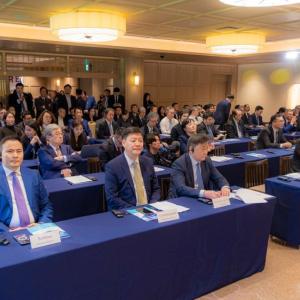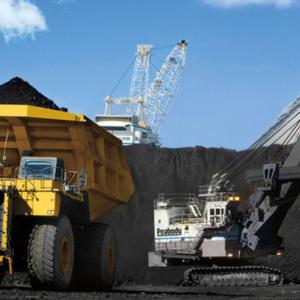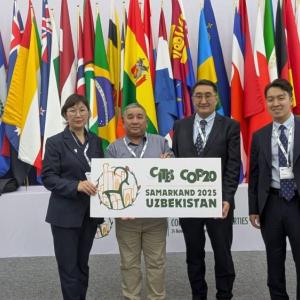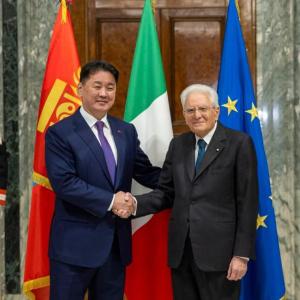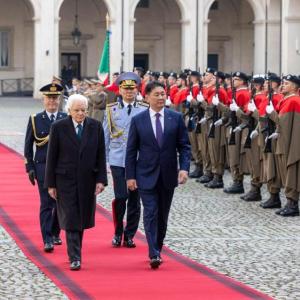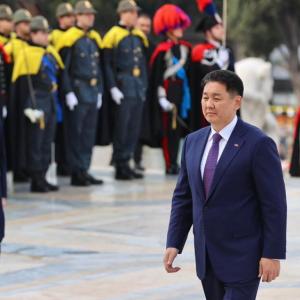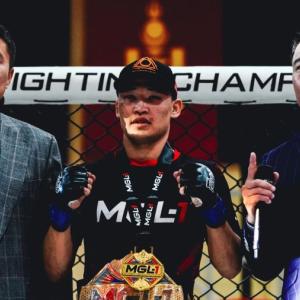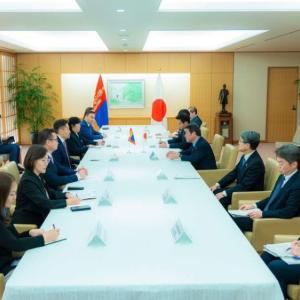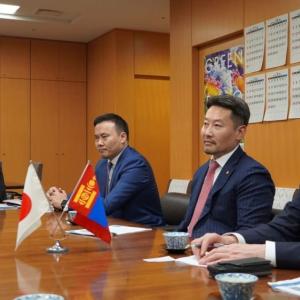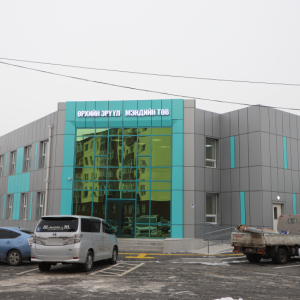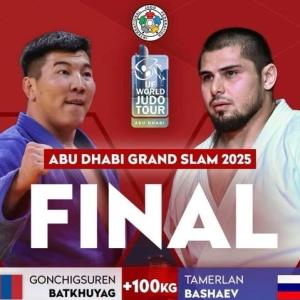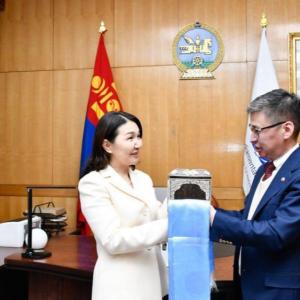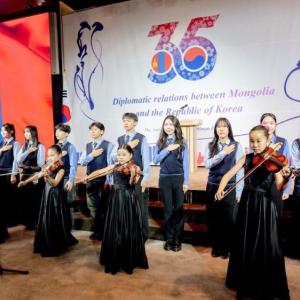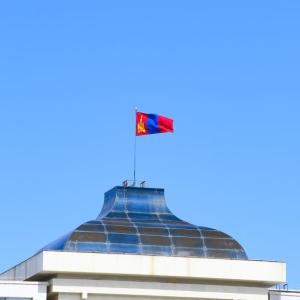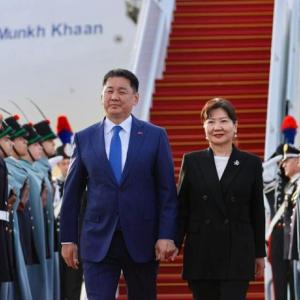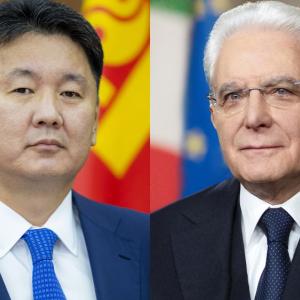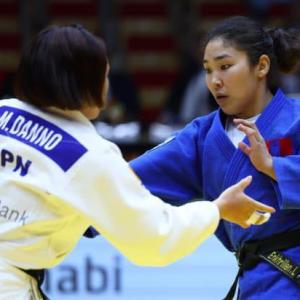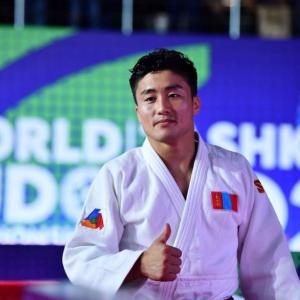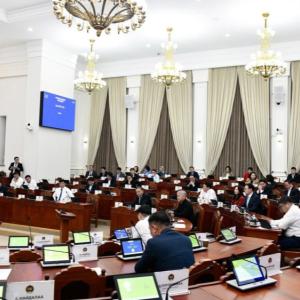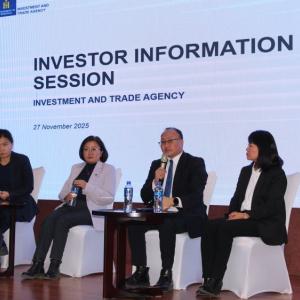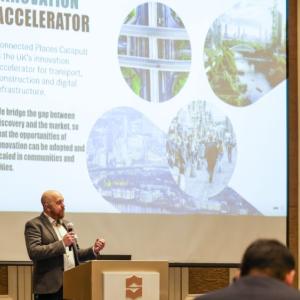Battushig Batbold: "Mongolia House" Supports Mongolian Athletes at the Paris Olympics
Society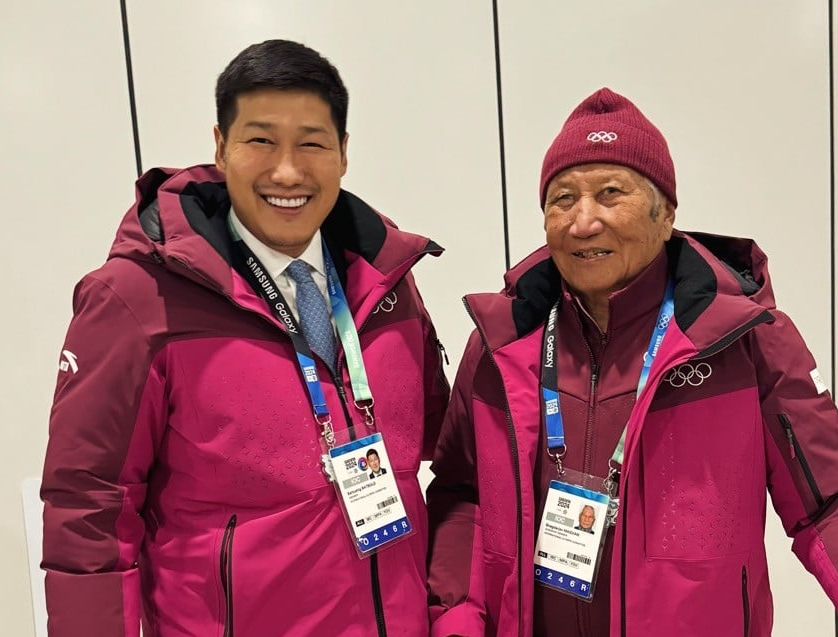
Ulaanbaatar, July 29, 2024 /MONTSAME/. The 2024 Summer Olympics are taking place in Paris, France, from July 26 to August 11, 2024. In light of this, MONTSAME Mongolian National News Agency interviewed Batbold Battushig, President of the National Olympic Committee of Mongolia. He was elected the first Vice President of the Mongolian National Olympic Committee in 2017. He has been serving as the President since 2022 and has been a representative of the International Olympic Committee in Mongolia since 2020.
-You are not only a representative of the business sector but also a social activist contributing to the spread of Olympism in Mongolia. Since this is an Olympic year, one topic that cannot be overlooked is the Olympics. What are your expectations for the Mongolian team and athletes at the Paris 2024 Olympics?
-Before the Olympics, I am wary of predicting the success of teams and athletes. Exaggerating reality or creating expectations can have positive and negative psychological effects on athletes. Since Mongolia first participated in the Tokyo Olympics in 1964, the country has improved its performance in every Summer Olympic Games. The increasing number of our athletes competing in the Games and consistent participation in the Winter Olympics demonstrate a clear trend of continuous improvement that will undoubtedly persist.
Even during the pandemic, we overcame the difficult situation, maintained our success, and had two athletes participate in the 2022 Winter Olympic Games in Beijing. Although Mongolia has a population of 3.5 million, it has won 30 Olympic medals. In terms of the number and quality of medals, teams, and athletes from some countries with much larger populations have not been as successful as Mongolia. Mongolians are widely recognized for their exceptional sports talent.
At the current Olympic Games in France, the ratio of male to female athletes on our team is almost 50:50, which indicates that we are successfully implementing the principles of gender equality proposed by the International Olympic Committee and the United Nations. Also, during the “Paris 2024” Olympic Games, for the very first time, a Mongolia House was built in La Villette Park in Paris. It has a stage with a half Ger-shaped design and two traditional Mongol Gers. An event is being organized to promote Mongolia's national heritage, culture, and customs. We are hosting Mongolian and international guests, promoting our country throughout the 16 days of the Olympic Games. Mr. Yesunmunkh, Director of Modern Nomads LLC and Tenger TV, and their team have been working tirelessly for the last few months to organize these events together with the Mongolian National Olympic Committee. It is jointly supported by the Government of Mongolia, the Governor’s Office of Ulaanbaatar City, the Ministry of Culture of Mongolia, the Ministry of Foreign Affairs, and the Embassy of Mongolia in the Republic of France. Also, Mongolia's flag carrier, MIAT, provided a discount on flight tickets for the Mongolian team during the Olympic Games and arranged free transportation of sports clothing from Mizuno for the athletes participating in the “Paris 2024” Olympic Games. I would like to express my sincere gratitude to the Working Group of the Mongolian House on behalf of the Mongolian National Olympic Committee and the organizations and companies working together to translate this project into a reality. I originally had the idea in 2018 during the Pyeongchang Winter Olympic Games after attending the USA House event there. We planned to implement it for Tokyo 2020, but due to the COVID-19 pandemic, we were only able to host a virtual event.
We plan to invite all IOC members and Olympic family friends to visit the Mongolian House. Among them are several heads of state, high-ranking government officials, and business leaders. Another major goal is to put forward a proposal to host the 2027 Session of the International Olympic Committee and the 2030 Youth Olympic Games in Mongolia. The Youth Olympic Games were held in Argentina in 2018. The 2022 Youth Olympic Games were scheduled to be held in Senegal, Africa. However, due to the country not being ready to host the Games, the event was postponed to 2026. The IOC will soon accept proposals from host countries for the 2030 Youth Olympic Games. We believe that Mongolia has strong potential to host the Games. While organizing the Olympic Games comes with significant economic and financial burdens, the chance for developing countries to host the Youth Olympic Games is higher, given the support provided by the International Olympic Committee for athletes' travel expenses, accommodation, and organizational costs.
One primary goal of the "Mongolian House" project is to promote the country, support its athletes, and advocate for the right to host large-scale events in Mongolia. Achieving this would enable the construction of a new stadium in Khui Doloon Khudag or another state-supported location, along with a nearby Olympic Village. Following successful models from other Olympic host nations, the Olympic Village could be transformed into affordable housing, addressing poverty and providing better living conditions for families through government-backed mortgage support. Olympism encompasses not only athletic development but also the broader benefits to society and the economy. It can bolster government initiatives, promote public health through physical activity, and encourage a more active lifestyle for people of all ages.
-As the President of the Mongolian National Olympic Committee and a representative of the International Olympic Committee in Mongolia, how do you assess the current state of professional sports and Olympism in the country? What are the key challenges and opportunities for developing these sectors, and what is your vision for their future?
-Mongolia is one of the few countries in Asia, specifically Central Asia, which recently became a member of the International Olympic Committee, for which I am very grateful. This means we have the right to vote on major Olympic policy decisions, such as the rules and charters of the International Olympic Committee, which sports will be included in the Olympics, and which country will host the Olympics.
This is the second time Mongolia has elected a member of the International Olympic Committee. Mongolians may know that Mr. Magvan Shagdarjav served as a member from 1977 to 2007 and has been an honorary member since. I was elected a committee member in 2020, 13 years after his term ended. From 2017 to 2022, I served as the first Vice President of the Mongolian National Olympic Committee and as Acting President from 2018 to 2020. I was officially elected President of the Mongolian National Olympic Committee in 2022 and continue in that role today.
In Mongolia, sports have not been commercialized and lack economic self-sustainability. Public interest in sports is sporadic, often peaking during the Olympics. The dearth of spectators at international competitions reflects the sport's limited popularity among the masses. Only a few sports have performed well recently, such as basketball, alongside traditional Olympic sports like wrestling, judo, and boxing. In countries like South Korea, China, and Japan, many Olympic sports have become deeply ingrained at the national level. During competitions, people often take time off work to watch and support their athletes.
The competition hall and field were packed with spectators, but we often lacked such support during major international events. In rural areas, some sports are not developed at all, while only two or three sports show slight development. Sports initially develop through public engagement in physical activities, from which professional athletes eventually emerge. We don’t know how many talented children are unable to realize their potential due to the current situation. Therefore, we are prioritizing this area and aim to implement the Olympic values and educational programs endorsed by the International Olympic Committee. This involves introducing content such as Olympic development, teamwork, and ethics education. It is currently in the translation stage. Today, with the rapid growth of e-sports, many children are heavily engaged with electronic games and screens. We must attract them to participate in physical sports. The question is how to integrate sports, physical activity, and health in a coherent manner and what policies should be implemented to achieve this. This is why the Mongolian National Olympic Committee is collaborating with the Mother and Child Health Center and the International Women’s Organization.
One of the goals of the International Olympic Committee, as outlined in the Olympic Agenda 2020+5, is to disseminate knowledge about health protection, physical fitness, and proper nutrition. The IOC aims to foster the adoption of these practices and integrate them with the United Nations Sustainable Development Goals. It's more than just registering athletes and granting Olympic rights. That's why I believe it would be beneficial to implement this in our country as well.
-Does this mean you will shift your activities in a new direction after the Paris Olympics?
-We plan to work more closely with government and administrative bodies, the private sector, and businesses. For example, we are discussing with the Governor's Office of Ulaanbaatar City about constructing a 20,000-seat stadium. This stadium could serve as the venue for the opening of the Youth Olympics and potentially host world-class performers in the future. Mongolia has the potential to make this vision a reality. It’s time to have such a large sports, concert, and entertainment stadium. I think that thousands of tourists come to Mongolia every year to observe the National Naadam Festival. However, the existing infrastructure is not even enough for the local Mongolians to experience the Grand Opening Ceremony of the Naadam festival.
-How do you envision your future career? Should you focus on combining sports development with business, and if so, which area should receive more attention?
-Business growth and sports development are interconnected in Mongolia due to the lack of sponsorship and financial support for sports federations, which are NGOs. In any case, in addition to a good policy, adequate capital and funding are crucial for implementing the planned and intended work. Effective business management will lead to increased sponsorship from sports federations and organizations, ultimately contributing to the success of the Olympic Committee's new initiatives and projects like Mongolia House. The growth and development of national companies is crucial. It's a global standard that successful sports development hinges on partnerships between thriving businesses and strong national companies. The International Olympic Committee exemplifies this with its TOP Partners program, collaborating with global giants like Toyota, Samsung, and Alibaba to drive the Olympic movement forward through strategic marketing partnerships with private companies.
Projects like Mongolia House incur expenses ranging from rental fees for the space in Paris during the Olympic Games to security, electricity, and other costs. This work has been carried out in collaboration with partner organizations. In addition to government agencies, private sector companies such as XacBank, Skytel, Monnis, and Petrovis have been supporting the Mongolia House project since its inception. It has even been presented to the Secretary General of the Olympic Council of Asia and received support. Additionally, our family business regularly supports sports associations and athletes through various activities. By doing so, we aim to inspire national companies to invest in sports and the Olympic movement. For instance, leading companies and enterprises are invited to participate in the construction of a new stadium.
I am confident that many private sector representatives will join us in the future. If we successfully organize this event, it could be a fantastic opportunity to promote Mongolia, akin to the World Expo. We can achieve this by continuing the Mongolia House project at the Harbin 2025 Asian Winter Games, Milan Cortina 2026 Winter Olympics, and Los Angeles 2028 Summer Olympics.
 Ulaanbaatar
Ulaanbaatar





